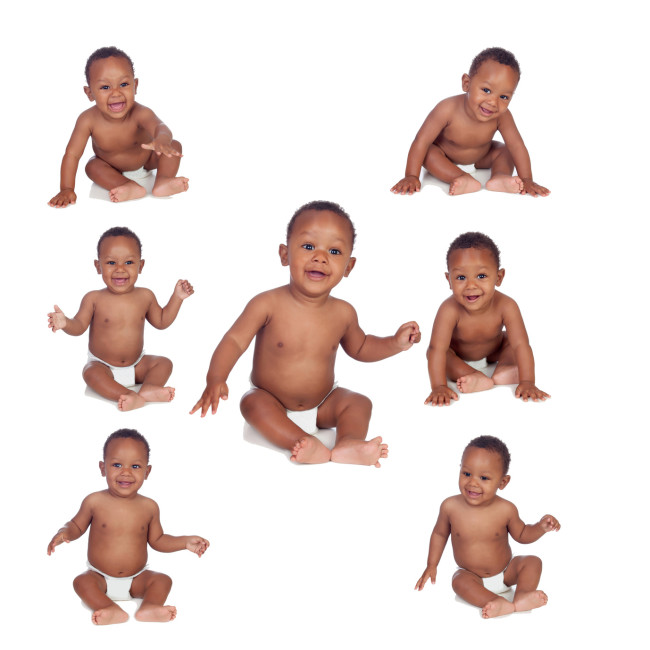Even if it’s incomprehensible, listening and responding to baby babble could speed up language development skills by teaching babies they are capable of communicating, according to findings of a preliminary study by researchers from the University of Iowa and Indiana University.
Their findings challenge current theory which says human communication is innate and that babies are unresponsive to attempts to return their babble.
Babbling speeds up language development
According to researchers, engaging the babbling infant accelerates language development.
“It’s not that we found responsiveness matters,” says Julie Gros-Louis, assistant professor of psychology at the UI and corresponding author on the study. “It’s how a mother responds that matters.”
Over the course of six months, researchers observed 12 mothers of eight-month-old infants for 30 minute play sessions twice per week without having given them any instructions.
Babies whose moms respond to babble are ahead of the game
When mothers responded in a communicative manner, interpreting their babies’ babble the best they could, their infants were likely to be ahead of the game and able to vocalize consonant-vowel sounds before their peers.
In other words, their babble was more sophisticated, and researchers noted their babble was more directed towards the mother instead of no one in particular.
Babies who babble know they can communicate
These babies, unlike the others whose mothers were not responsive to their babble, knew they could communicate, according to Gros-Louis.
“The infants were using vocalizations in a communicative way, in a sense, because they learned they are communicative,” says Gros-Louis.
After the experiment concluded, researchers circulated a survey among participants and the more attentive of the mothers reported their children having learned more words and even gestures by age 15 months.
King acknowledges that there is room for debate and that more research is necessary to thoroughly disprove current theories about human communications development.
The study was published in the July/August edition of the journal Infancy.
(AFP Relaxnews)
Latest posts by Contributor (see all)
- 5 Fun ways to stimulate your preschool child’s development - September 3, 2014
- The benefits of homemade baby food - September 3, 2014
- Gender predicition: Are you having a boy or girl? - September 3, 2014
-
No Comments" href="https://all4baby.co.za/babies-6-12-months/health-hygiene-illness/1852/introduction-solid-textured-foods-important-baby/">

Why the introduction of solid textured foods is important
-
No Comments" href="https://all4baby.co.za/babies-6-12-months/learning-development/1745/video-magic-play-exploration-discovery/">

Video: The magic of play, exploration and discovery
-
No Comments" href="https://all4baby.co.za/babies-6-12-months/learning-development/1705/video-exploring-textures-important-babys-development/">

Video: Why exploring textures is important for your baby’s development
-
No Comments" href="https://all4baby.co.za/babies-6-12-months/learning-development/1602/get-baby-move/">

Get your baby to move more


 Saving...
Saving...